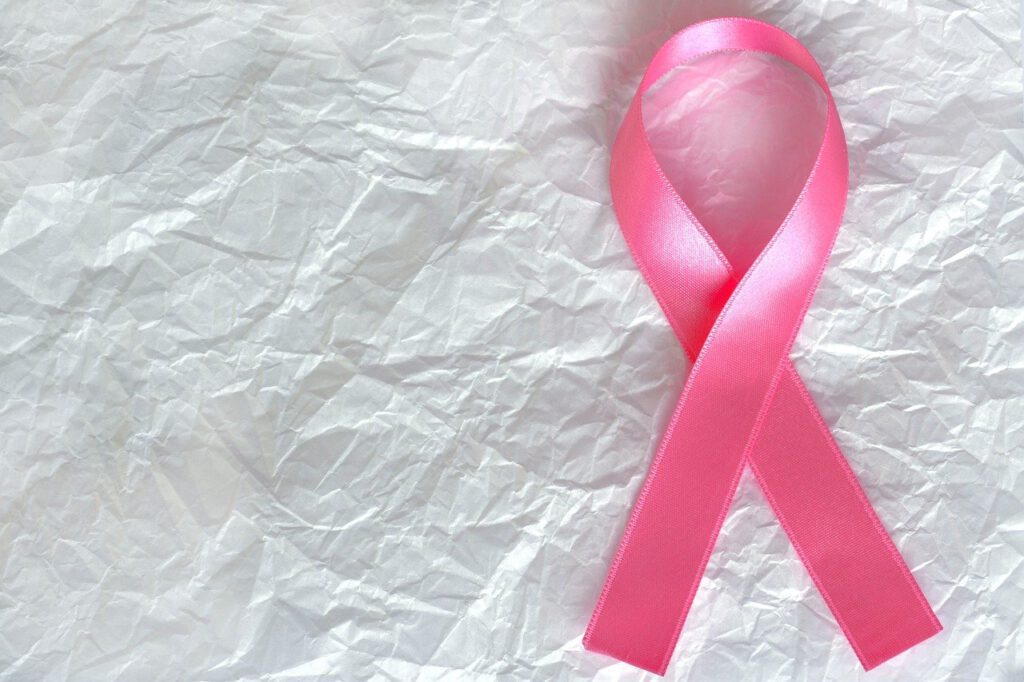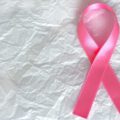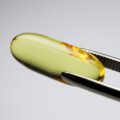There is still a great deal of uncertainty about the causes of breast cancer. However, what is clear is that the transformation of a single normal cell into a malignant one causes cancer to develop. This change leads to the fact that this cell divides unhindered until, finally, millions of cells form tumours.
Every year in Germany, around 168 out of 100,000 women and around 2 in 100,000 men develop breast cancer. With approximately 69,700 diseases in total, breast cancer is the most common cancer among women in Germany. On average, those affected with the disease are 64 years old.
Breast Cancer Causes: The Question Of Why
This question immediately arises to many people with cancer. Understanding why you are sick and what you can do to prevent the disease from recurring is a preoccupation for many. Many people who develop cancer ask themselves: “Why do I have cancer of all people?” Or: “What did I do wrong?”
Often there are also accusations of guilt in this context, e.g., “If I had taken more care of myself”, “If I had done more for my health”, or “If I hadn’t always eaten everything into myself” are typical explanations of why. It can also happen that they seek the cause in others, e.g., with the partner or work, or that those affected receive accusations from their environment.
Developing breast cancer is not a question of “guilt” or the result of wrongdoing. Breast cancer is a disease.
Breast Cancer – Causes: Hormones
Some risk factors are already known: for example, the female sex hormones estrogen and progesterone, which are used for hormone replacement therapy during menopause or after it can promote the development of breast cancer.
Breast Cancer – Causes: Diet and Obesity
But also the individual, lifestyle and environmental influences can influence the development of breast cancer.
That includes our food – what we eat and how much. A high-fat diet, for example, can be harmful. Obesity and too little exercise – especially after menopause – increase the risk.
Breast cancer – causes: risk factor alcohol
Alcohol is also a risk factor: it increases the risk of developing breast cancer. For example, a woman who drinks 25 grams of alcohol a day (contained in 0.3 l of wine or 0.6 l of beer) increases the risk of breast cancer by 1/3 of the general risk; 100 g of alcohol consumed increases it by almost threefold. The cause is probably acetaldehyde, which is created in the body when the pure alcohol is broken down and has a carcinogenic effect.
However, it is not only the alcohol itself that is probably responsible for the carcinogenic effect. It also influences female hormones; in particular, it increases estrogen.
Breast Cancer – Causes: Genes
In some cases, there may be a hereditary predisposition to breast cancer. Women who do this are younger when the disease breaks out. Several family members are regularly affected on the maternal side. About five to ten per cent of breast cancers are due to such a hereditary burden.
Breast Cancer – Causes: Other
• Other known risk factors are Type II diabetes and smoking.
• Also, dense breast tissue, specific hormone therapies and radiation of the chest in childhood belong to it.
• Whether a woman had children and how many, whether and how long they breastfed and when a woman had her first and last menstruation, all of this also plays a role.
Breast Cancer – Causes: Psyche
Cancer strikes most people unexpectedly and unprepared. As a rule, we want explanations for events that suddenly hit and torment us. Anyone who does not doubt the meaning of their life in a stressful situation such as cancer seems to better cope with it. The sense of coherence includes our feeling
• to understand the situation
• to be able to cope with the situation, and
• in the situation. To be able to find meaning and meaning.
An extensive literature deals with the topic of »cancer and the psyche«. As characteristics of the so-called “cancer personality” were enumerated
• compliance,
• adaptability,
• submissiveness,
• self-denial,
• depression,
• striving for harmony,
• suppressed feelings
• Fear of being alone.
Scientifically, the presumed connection between these characteristics and the cancer risk has proven to be unfounded.
Stress as a direct cause of cancer is also a widespread myth with no scientific basis.
Nevertheless, many sufferers suspect psychological causes as the background to their illness. This desire of those affected to be able to explain cancer psychologically is understandable. If we finding explanations increases our sense of control and influence. Of course, prolonged stress or long-term depression can also favour risk factors such as smoking, an unhealthy diet and a sedentary lifestyle. However, the influence of psychological factors is often overestimated by those affected and predominantly made responsible for cancer development.
But from a scientific point of view, there is no evidence of a direct link between cancer development and psychological factors.
Are you ill yourself or affected as a relative? Do you suspect that the cancer was your fault?
Please answer the following questions:
• You say that because you never took care of yourself, you now have cancer. What does that mean for you? For further treatment? For the further course of the disease?
• Are there – from your point of view – other causes for the development of cancer?
• What do we know from science?
• Why do children get cancer? Have children already done “something wrong”?
Conclusion
We must recognize that cancer is a medical condition – a disease – that we can get into and not a punishment for wrongdoing, weakness, or guilt.
You are at an increased risk of developing breast cancer …
• if you are older than 50 years (with age, the risk of developing cancer increases for all of us.)
• if the mother or sisters have already had breast cancer
• if you have had breast cancer yourself in the past
• if you have a particular type of change in the glandular tissue (atypical proliferating mastopathy). That is to be assumed
o Numerous microcalcifications have been found in the mammography or
o if a particularly nodular change in the mammary gland was found during palpation
o A tissue sample has shown an increased risk of degeneration
• during hormone replacement therapy
• if you are overweight
• if there is a lack of exercise
• if, as a woman, you drink more than 10 grams of alcohol per day (contained in 125 ml of wine or 250 ml of beer)
• if you smoke actively or passively.
Your individual contribution
If one or more of the above risk factors apply to you, it does not necessarily mean that you will fall ill. However, it seems sensible to consider your personal risk when deciding whether or not to take part in a screening examination.
You can help reduce your personal risk of developing breast cancer yourself:
• Exercise regularly,
• pay attention to healthy body weight,
• drink little alcohol and
• do not smoke.
By the way: men can also develop breast cancer. Men from families in which breast cancer has developed are, particularly at risk. According to estimates by the Robert Koch Institute, around 600 men in Germany develop breast cancer every year.
Sources:
Diegelmann, C., Isermann, M., Zimmermann, T.: Therapie-Tools Psychoonkologie. Beltz, Weinheim 2020.
Stiftung Deutsche Krebshilfe (Ed.): Die blauen Ratgeber. Brustkrebs. Antworten. Hilfen. Perspektiven. https://www.krebshilfe.de/informieren/ueber-krebs/infothek/






